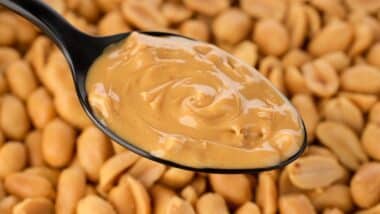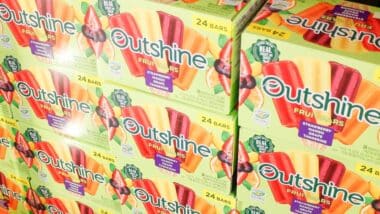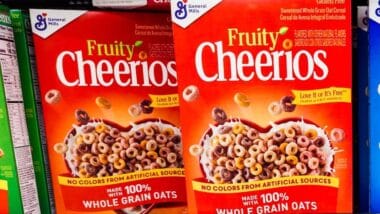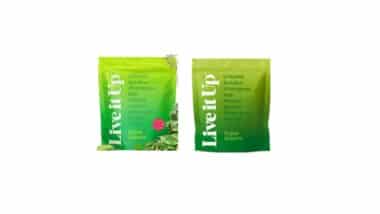
Food emulsifiers research overview:
- Who: New research reveals emulsifiers in food may be linked to Type 2 diabetes and other health risks.
- Why: The studies found emulsifiers can increase the risk of developing heart disease, Type 2 diabetes and certain cancers.
- Where: Food containing emulsifiers is distributed and sold nationwide.
- Take action: Was your child diagnosed with Type 2 diabetes or nonalcoholic liver disease after regularly consuming highly processed food products? You may qualify to join a free class action lawsuit investigation.
Recent studies have shown consuming common emulsifiers can lead to the development of heart disease, Type 2 diabetes and certain cancers.
Emulsifiers are typically added to processed foods to help stabilize them and improve their texture, among other things.
New research, meanwhile, has determined these emulsifiers — which will be under increased scrutiny under the Trump administration — change the gut microbiome in a way that can cause inflammation, according to media reports.
Robert F. Kennedy, the new head of the Department of Health and Human Services, has in the past blamed food additives for chronic diseases and said the Food and Drug Administration will be investigating them.
These risks can be especially concerning for parents with children under the age of 18. Children may be at a heightened risk of developing Type 2 diabetes as a result of consuming processed food containing emulsifiers.
The number of young people under the age of 20 with Type 1 or Type 2 increased between the period of 2002 to 2017, according to the Centers for Disease Control and Prevention. The CDC further reports that instances of diabetes in young people are projected to increase dramatically over the next 40 years.
Food emulsifiers found not only in junk food, but also in yogurts and wholegrain crackers
Emulsifiers are most commonly found in junk food but are also in seemingly healthier products like yogurts, whole grain crackers, and breakfast cereals, among others.
Prior to the new research, scientists believed that because the body did not readily absorb emulsifiers, they were safe to eat. However, researchers have reportedly found that these unabsorbed emulsifiers disrupt the gut microbiome, reports the Wall Street Journal.
As reported in the Wall Street Journal, Andrew Gerwitz, a professor at Georgia State University, advises that consumers should avoid ultra-processed foods as well as foods with additives such as guar and xanthan gum. The professor authored a 2022 study on the effects of common additives and the disruption of the microbiome.
Gerwitz also reportedly advises keeping an eye out for synthetic emulsifiers like polysorbate 80 and carboxymethylcellulose, which are commonly used in ice cream, other dairy products, and packaged baked goods.
A consumer filed a lawsuit against multiple major food companies late last year over allegations they marketed unhealthy and addictive ultra-processed foods to kids, causing an “explosion” in chronic diseases since the 1980s.
Was your child diagnosed with Type 2 diabetes or nonalcoholic liver after eating highly processed food products? See if you qualify to join a free class action lawsuit investigation.
Don’t Miss Out!
Check out our list of Class Action Lawsuits and Class Action Settlements you may qualify to join!
Read About More Class Action Lawsuits & Class Action Settlements:














6 thoughts onAre food emulsifiers making you sick? New research points to Type 2 diabetes and other health risks.
i had no idea
Add me
I have been Type 2 for way over 20 years and my 25 year old son has had Type 2 for 12 years. Please add me!
Add me
Please add me. I have bought both of these products many times.
Please add me as I have been using both these products for years